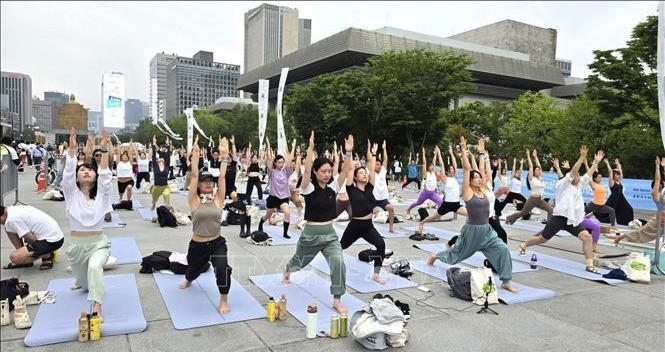
Insomnia is a common condition, affecting between 4 and 22% of the population and is closely linked to physical and mental health problems such as dementia and cardiovascular disease. While CBT is considered effective, it is difficult to access due to a lack of specialists, and medication often comes with side effects.
To determine whether any type of exercise is best suited for treating insomnia, researchers analyzed data from 22 randomized clinical trials, with a total of 1,348 participants and 13 types of interventions, including seven exercise-based methods: yoga, tai chi, walking/jogging, combined aerobic and strength training, strength training alone, aerobic plus therapy, and mixed aerobic.
Compared with standard treatments, yoga, tai chi, and running all showed significant improvements in sleep duration, sleep efficiency (the ratio of time spent asleep to time spent in bed), reduced nighttime awakenings, and sleep latency. Yoga increased sleep by nearly 2 hours per night, improved sleep efficiency by nearly 15%, reduced wake time after falling asleep by nearly 1 hour, and shortened sleep latency by 30 minutes.
Tai chi increased sleep duration by more than 50 minutes, reduced sleep quality by more than 4 points, shortened the time awake by more than 30 minutes, and reduced the time spent in bed by about 25 minutes. Further analysis showed that these effects persisted for up to 2 years after the practice. Meanwhile, walking or jogging reduced the severity of insomnia by nearly 10 points—a clinically significant reduction.
Researchers believe that the benefits of yoga and tai chi come from controlling breathing, relaxing the body and training the mind – helping to regulate emotions, reduce anxiety and “turn off” the constant flow of thoughts, thereby improving sleep. Tai chi in particular can also reduce the activity of the sympathetic nervous system, which is the cause of excessive alertness.
Meanwhile, walking and jogging help increase energy expenditure, reduce the stress hormone cortisol, increase melatonin (a sleep-inducing hormone) and improve the quality of deep sleep.
Although more than two-thirds of the studies analyzed had methodological limitations and small sample sizes, the authors said the results were convincing enough to recommend exercise modalities such as yoga, tai chi, and running as primary treatment options—not just adjuncts—in managing insomnia.
“Given their low cost, lack of side effects, and accessibility, these methods are well suited to be incorporated into public health and primary care systems,” the researchers say. They also suggest that each form of exercise may be appropriate for different types of insomnia symptoms – something that needs to be further explored in future research.
Source: https://baolaocai.vn/cong-bo-hieu-qua-dieu-tri-mat-ngu-nho-thai-cuc-quyen-yoga-va-chay-bo-post649095.html


![[Photo] President Luong Cuong chaired the welcoming ceremony and held talks with United Nations Secretary-General Antonio Guterres](https://vphoto.vietnam.vn/thumb/1200x675/vietnam/resource/IMAGE/2025/10/24/1761304699186_ndo_br_1-jpg.webp)
![[Photo] Solemn funeral of former Vice Chairman of the Council of Ministers Tran Phuong](https://vphoto.vietnam.vn/thumb/1200x675/vietnam/resource/IMAGE/2025/10/24/1761295093441_tang-le-tran-phuong-1998-4576-jpg.webp)


![[Photo] Prime Minister Pham Minh Chinh chairs conference on breakthrough solutions for social housing development](https://vphoto.vietnam.vn/thumb/1200x675/vietnam/resource/IMAGE/2025/10/24/1761294193033_dsc-0146-7834-jpg.webp)
![[Photo] Prime Minister Pham Minh Chinh and South African President Matamela Cyril Ramaphosa attend the business forum](https://vphoto.vietnam.vn/thumb/1200x675/vietnam/resource/IMAGE/2025/10/24/1761302295638_dsc-0409-jpg.webp)


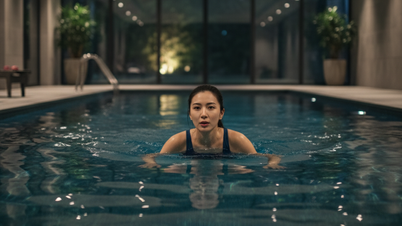

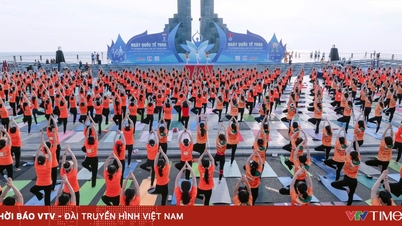


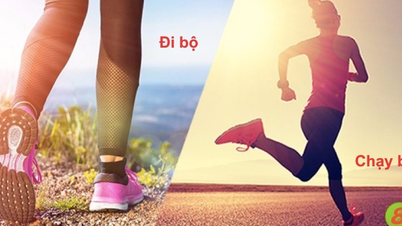

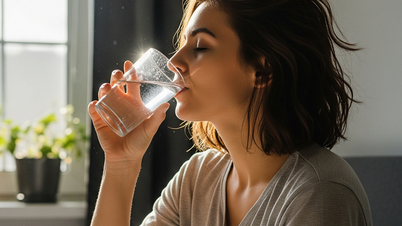
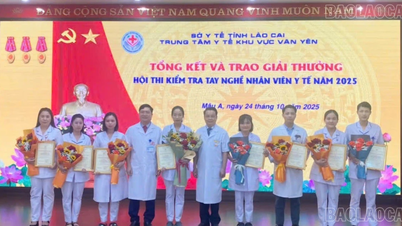

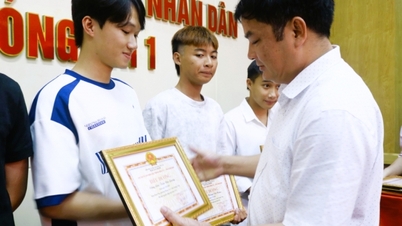











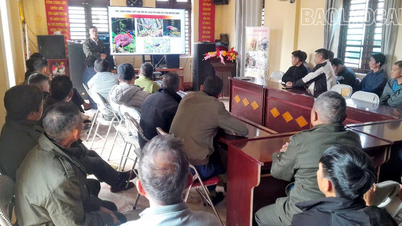



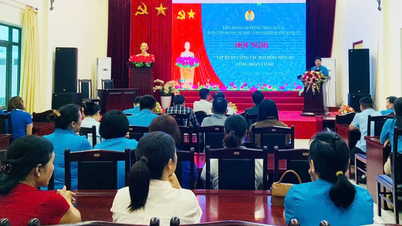




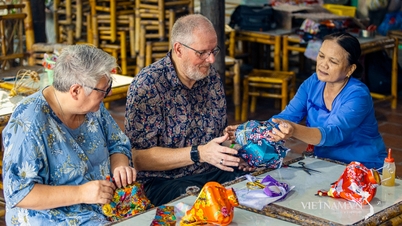










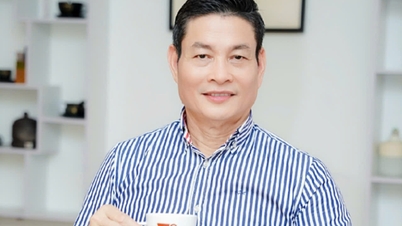

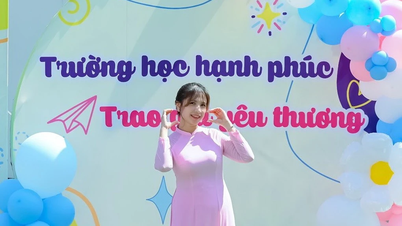

























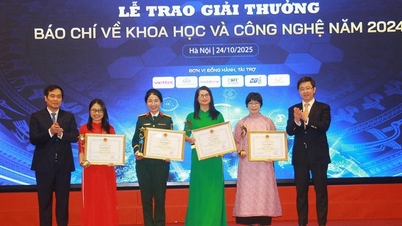


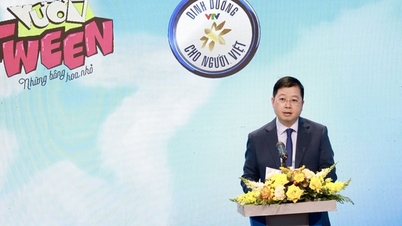
























Comment (0)